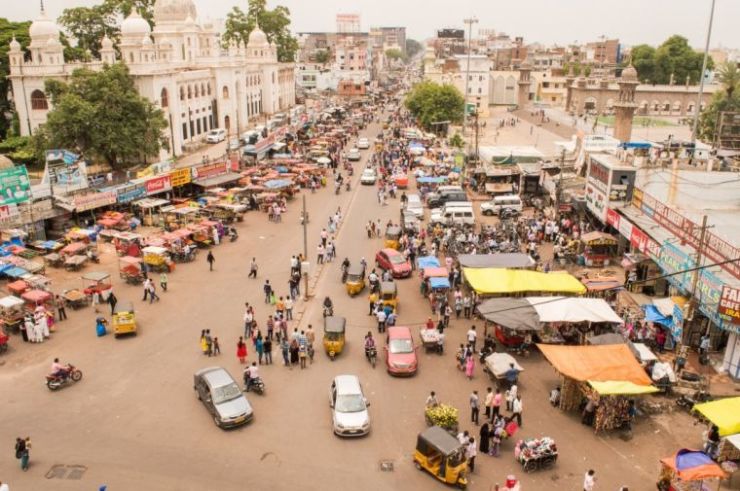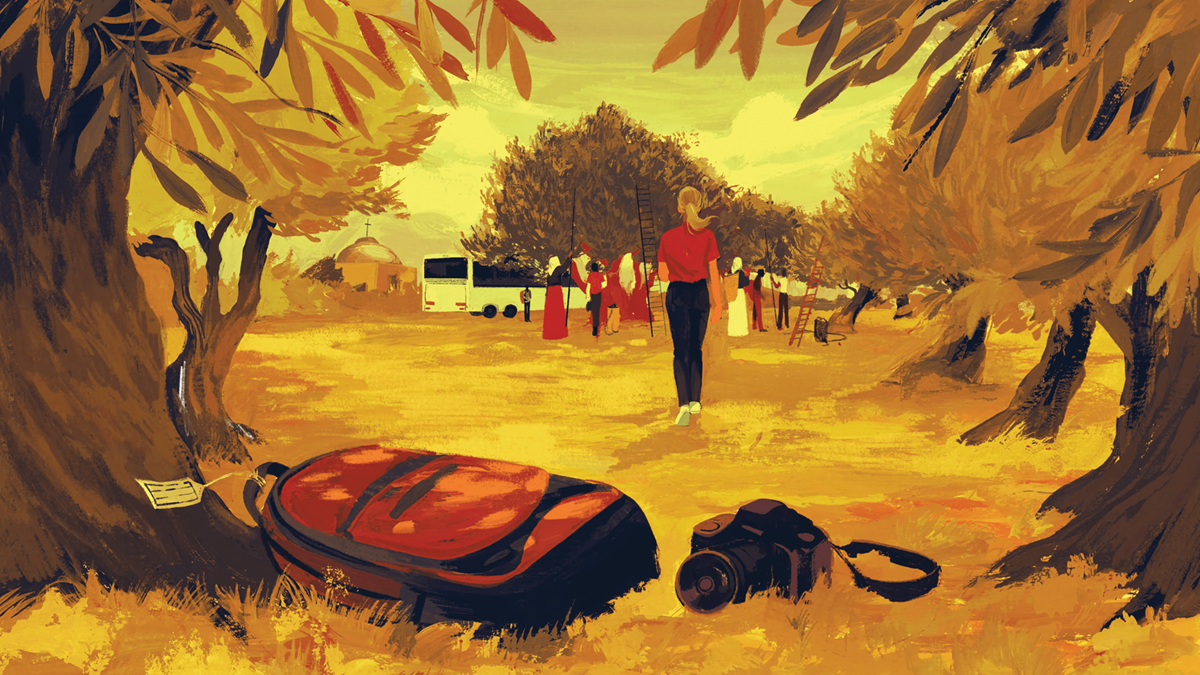
A recent report by the International Christian Concern (ICC) outlines the “the concerning religious freedom conditions for Christians and other religious minorities in India.” The report notes that as India commemorated its 76th anniversary of independence this August 15, concerns have been mounting over its departure from the roots of secular democracy.
ICC is a Washington based non-denominational Evangelical Christian ministry assisting the worldwide persecuted Christian church since 1995 by helping with assistance, advocacy, and awareness. The released report can be accessed here.
The report highlights that “India is moving rapidly to restrict the rights of religious minorities across the country.”
The focal point of concern, as per the ICC, is the surge in anti-conversion laws, which, from a legal standpoint, criminalise minority religious expression by deeming it illegal to convert or attempt to convert individuals of another faith. The report underscores that, in practice, these laws disproportionately target Christians and Muslims, who find themselves charged for seemingly innocuous acts such as discussing spiritual matters or sharing post-church service snacks. Furthermore, enhanced sentences are mandated in cases involving more than one person, women, children, or members of protected ethnic or caste communities.
Beyond legal challenges, the report points to additional barriers, including restrictions barring Christians and Muslims from accessing social welfare schemes, contributing to a chilling effect on religious freedom. The social landscape is further complicated by the rise of Hindu nationalism, which is fuelling mob violence against Christians and Muslims. Notably, the report delves into recent outbreaks of violence against Christians in Chhattisgarh and the ongoing ethno-religious violence in Manipur.
“Both instances are instructive not only to the state of religious freedom in India but the Indian government’s lacklustre response and its refusal to extend substantive protections to its religious minority population,” the report said.
In a comprehensive effort to address the crisis, the ICC report puts forward several policy recommendations to the U.S. government. The report criticises the U.S. government’s historical soft approach towards the Indian government on human rights issues. It suggests that the U.S.’s primary focus appears to be wooing what it considers a crucial geopolitical ally in its efforts to counter growing Chinese global influence. While the U.S. sporadically highlights India’s religious freedom issues, the report contends that the messaging lacks consistency, and powerful tools at the U.S. government’s disposal have been underutilised.
“Though the U.S. does highlight India’s religious freedom issues on occasion, it is not consistent in its messaging and has thus far chosen to avoid the most potent tools at its disposal,” the report notes.
The report’s policy recommendations assert that the U.S. and its allies should adopt a more assertive stance concerning India’s human rights and religious freedom record, beginning with maintaining a steadfast and uniform message on the matter. “Working with India out of geopolitical necessity is one matter, but ignoring its deteriorating human rights record is another,” it says.
The report concludes optimistically by acknowledging that despite significant democratic backsliding in recent years, India remains a democracy.
Recognizing the challenge of altering the mindset of a majority population favouring the suppression of weaker neighbours, the report emphasises that the United States, given its unique position, holds the potential to catalyse change in India. Rather than perpetuating a political and legal system driven by hostility and marginalisation, the report recommends that “the U.S. should use the tools at its disposal to encourage the tolerance and inclusion India was founded on in 1947.”




























![[Video] More – Aghogho » GospelHotspot](https://gospelhotspot.net/wp-content/uploads/2024/04/More-Aghogho.jpeg)
















